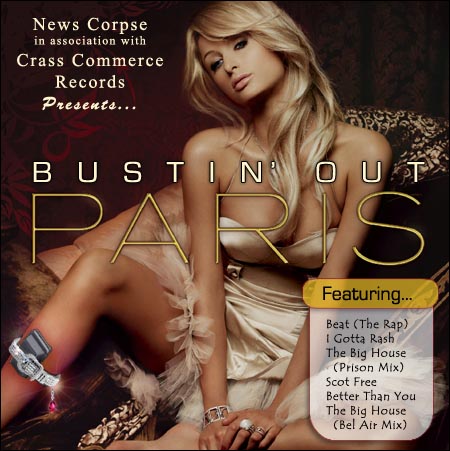In October of 2004, I wrote an essay entitled, “The Real Fake News.” It was premised on my observation that Jon Stewart’s The Daily Show, commonly labeled “fake” news, provided more accurate representations of news events more often (and more compellingly) than the so-called “real” news. And conversely, the “real” news was rampant with plagiarists, fabricators, and shills of both the ideological and paid-for variety.
Since that time, The Daily Show’s popularity and reputation has grown and it continues to embarrass its establishment media elders. Its success is still largely misunderstood by most analysts. The most egregious error is made by those who view the program as political satire. While politics is a part of the recipe, it is not the main ingredient. TDS is, first and foremost, media satire.
Rachel Smolkin, managing editor of the American Journalism Review, has written an article that explores, “What the Mainstream Media Can Learn from Jon Stewart.” To some degree she grasps the conceptual territory covered by TDS, correctly holding that…
“Much of the allure of Stewart’s show lies in its brutal satire of the media. He and his correspondents mimic the stylized performance of network anchors and correspondents. He exposes their gullibility. He derides their contrivances.”
Smolkin could take it a little further by noting that even when politicians are being skewered, it is within the framework of how they are covered by television newscasts. The very structure of the newscasts themselves is often targeted by Stewart’s drollery. A particularly fertile subject is the disintegrating concept of “balance” as currently practiced. Smolkin quotes USC’s Annenberg School for Communication associate dean, Martin Kaplan, who poignantly articulates the problem with modern journalism:
“Every issue can be portrayed as a controversy between two opposite sides, and the journalist is fearful of saying that one side has it right, and the other side does not. It leaves the reader or viewer in the position of having to weigh competing truth claims, often without enough information to decide that one side is manifestly right, and the other side is trying to muddy the water with propaganda.”
Hub Brown, chair of the communications department at Syracuse University’s S.I. Newhouse School of Public Communications, puts it even more succinctly:
“The truth itself doesn’t respect point of view. The truth is never balanced.”
How true. The truth always takes its own side, and without the slightest hint of partisanship. But, for some reason, reporters are reluctant to acknowledge truthfulness for fear of being branded as partisan. How did the media get so twisted as to believe that accepting reality as it is has come to be regarded as an expression of partiality? This is the attitude that is mocked by Stewart’s offspring, Stephen Colbert, when he declares that, “truth has a well-known liberal bias.”
To the extent that TDS has transended this problem, it is a beacon for the very reporters it is ridiculing. But rather than expect them to decipher the correct interpretation of these signals, I’ll let Smolkin sum it up for them:
“…the lesson of “The Daily Show” is not that reporters should try to be funny, but that they should try to be honest.”
Adoption of that simple advisory would produce a wholesale transformation of American media. If I could implement just one revision of contemporary journalistic practice it would be to liberate reporters from the absurd notion that they are proscribed from differentiating truth from fiction when covering controversial issues. In fact, I consider such differentiation to be an obligation of ethical journalism. The surreal irony is that this approach is understood and practiced by fake reporters on a comedy program, but not by their ostensibly real counterparts. We can only hope that this lesson will eventually seep through.



